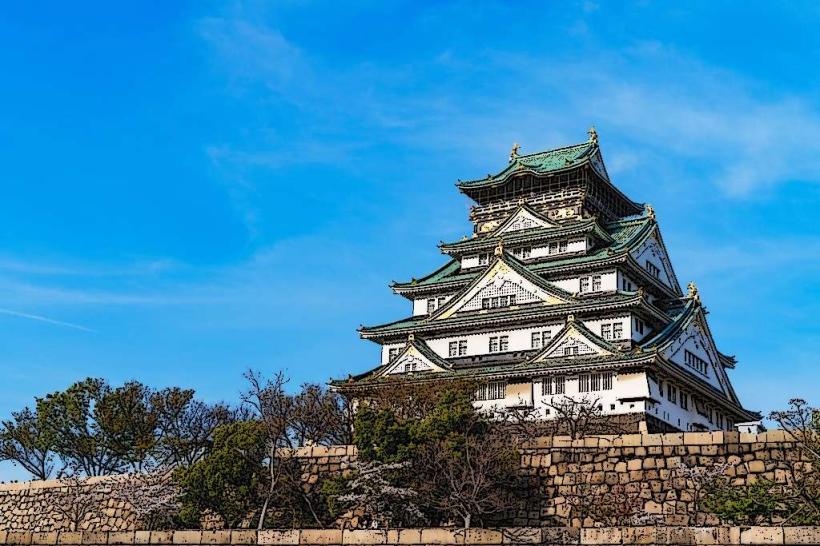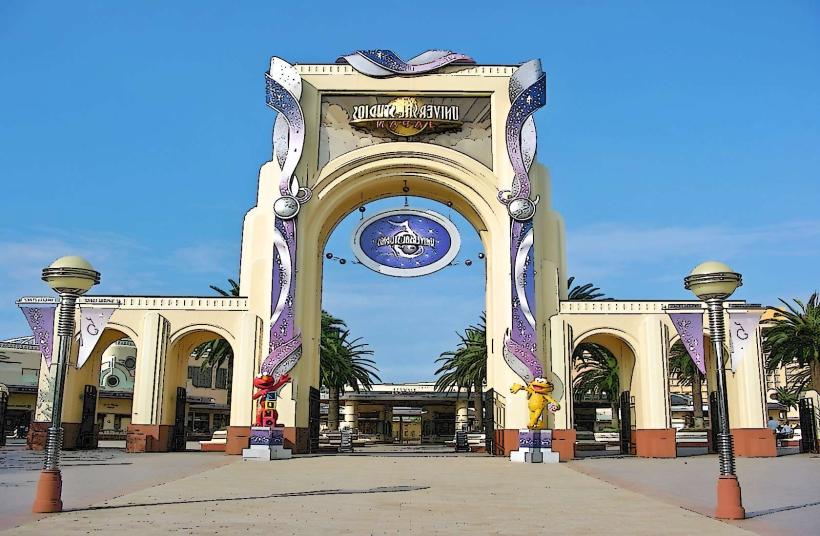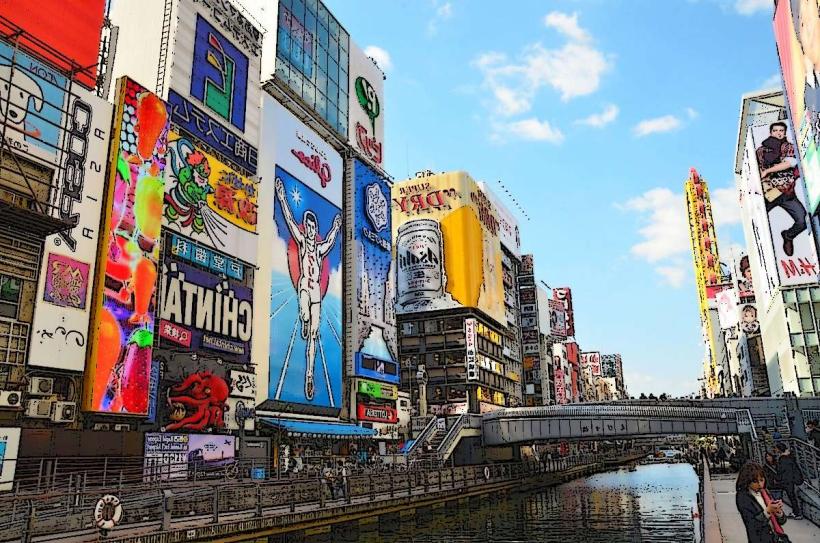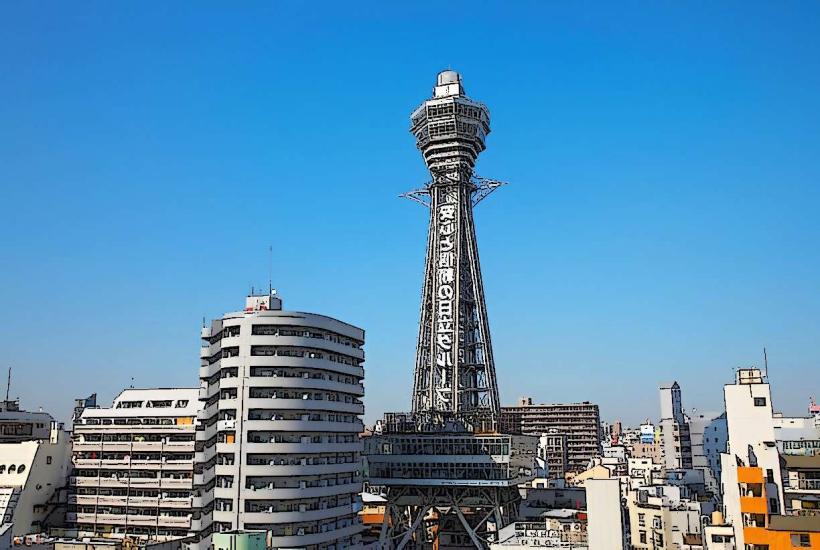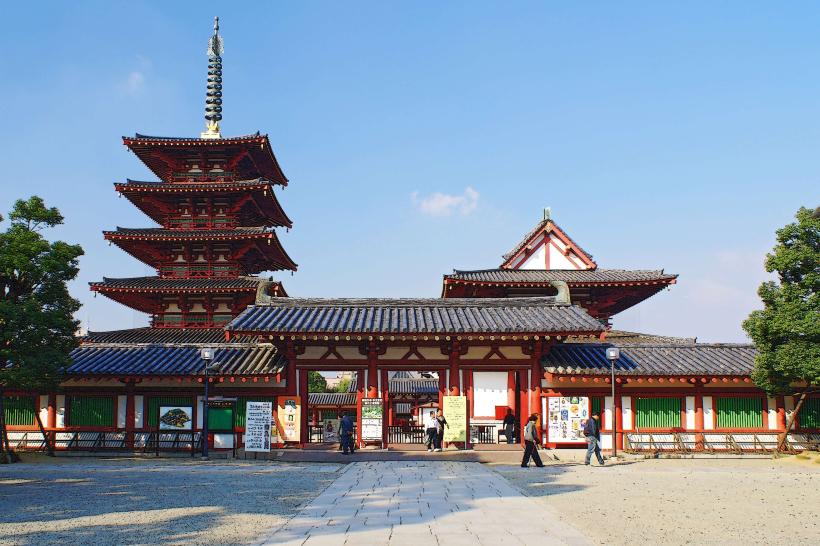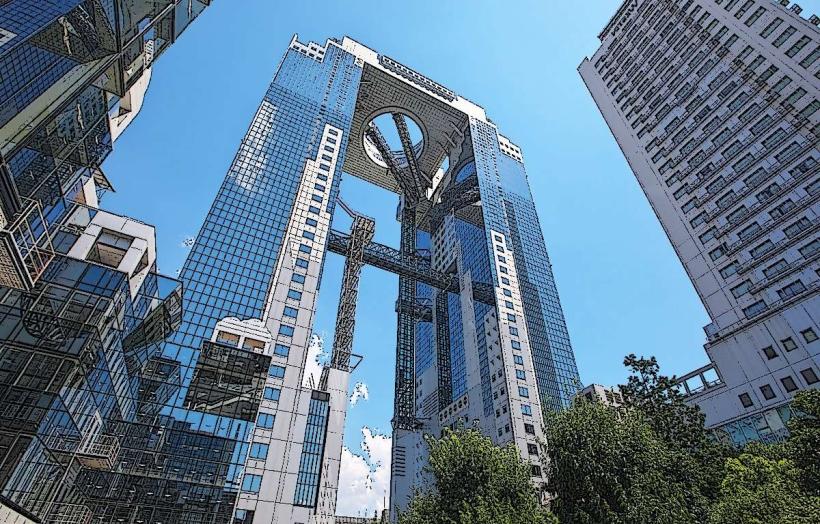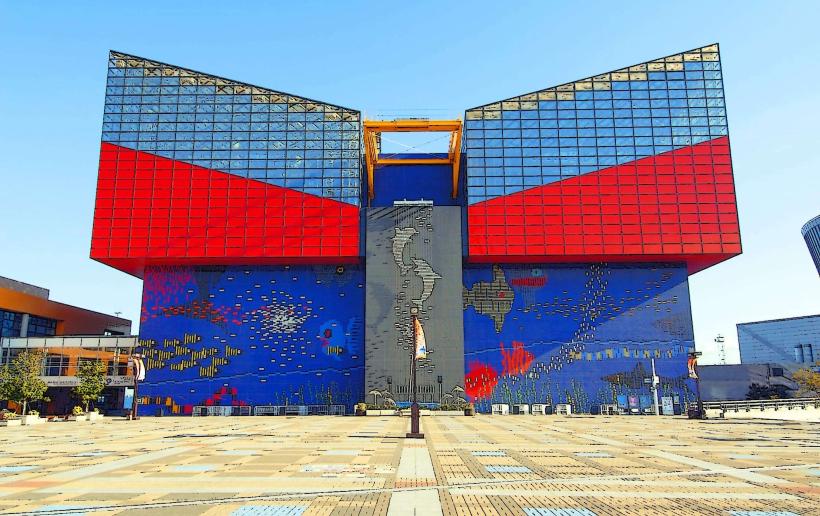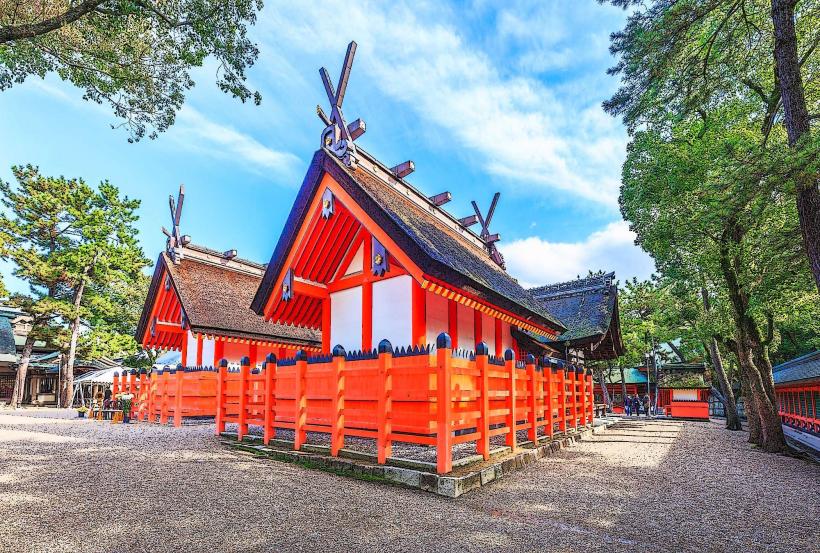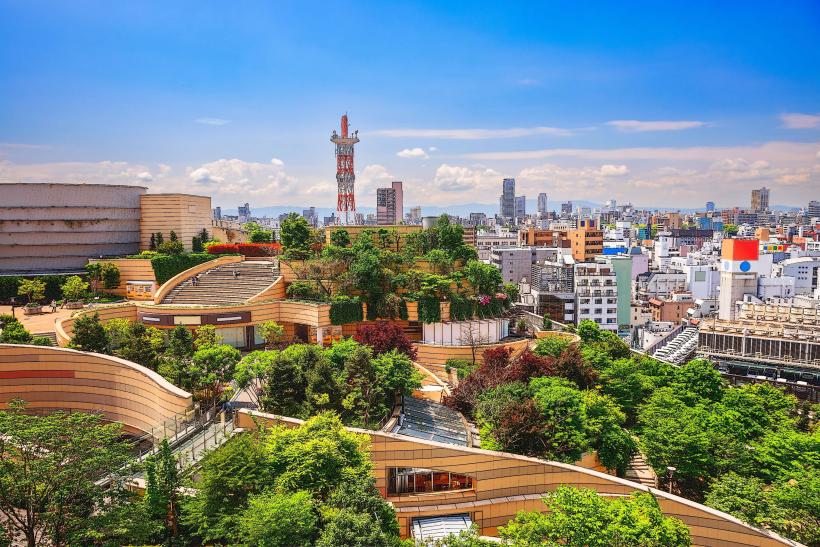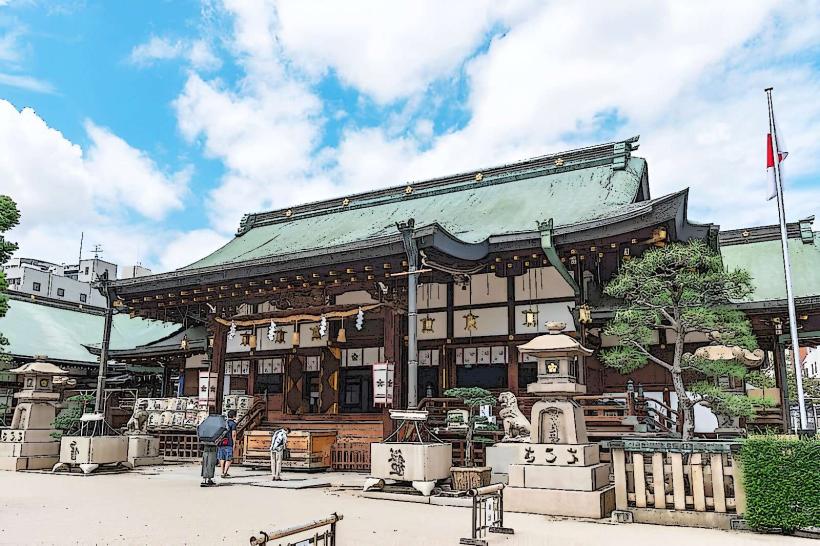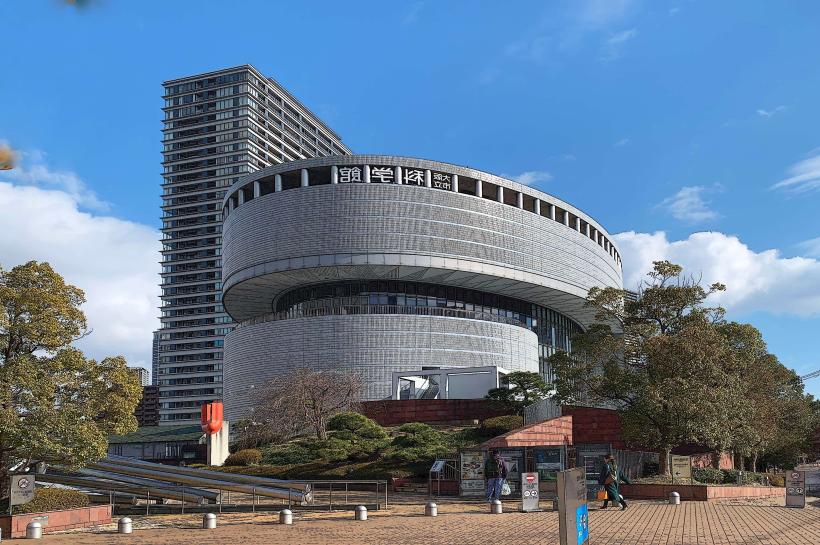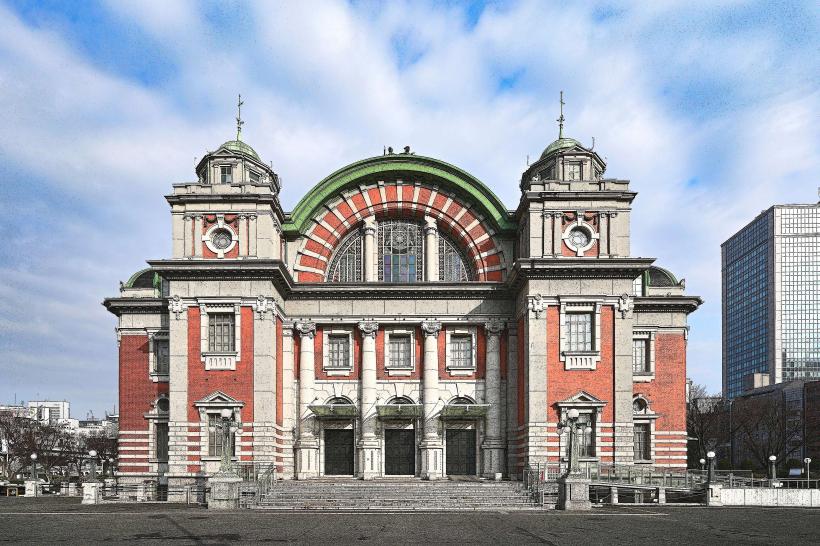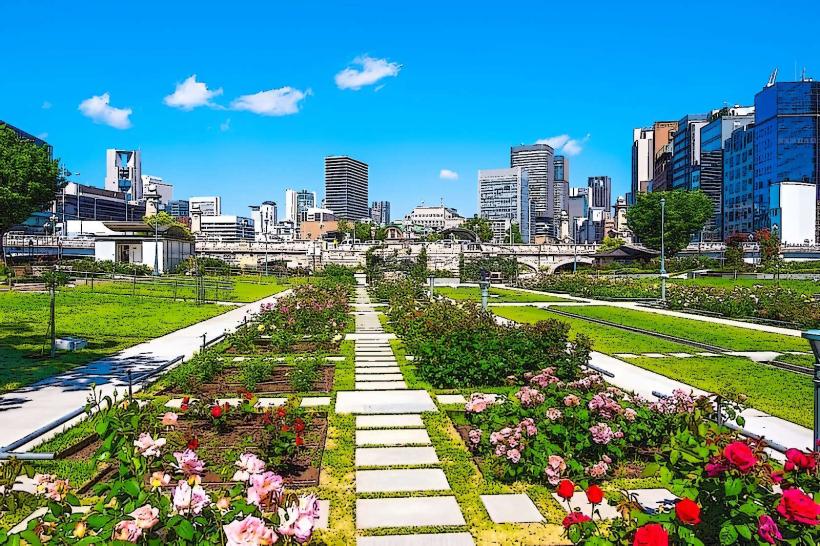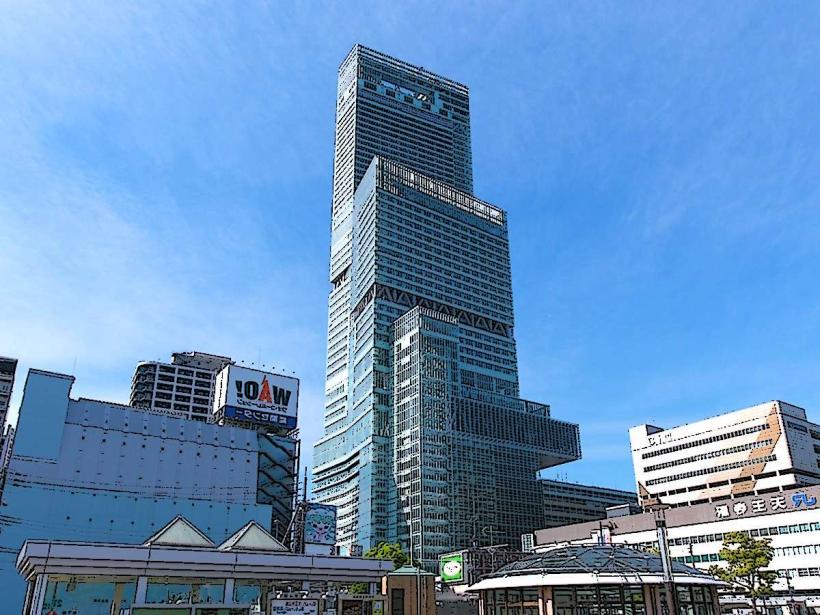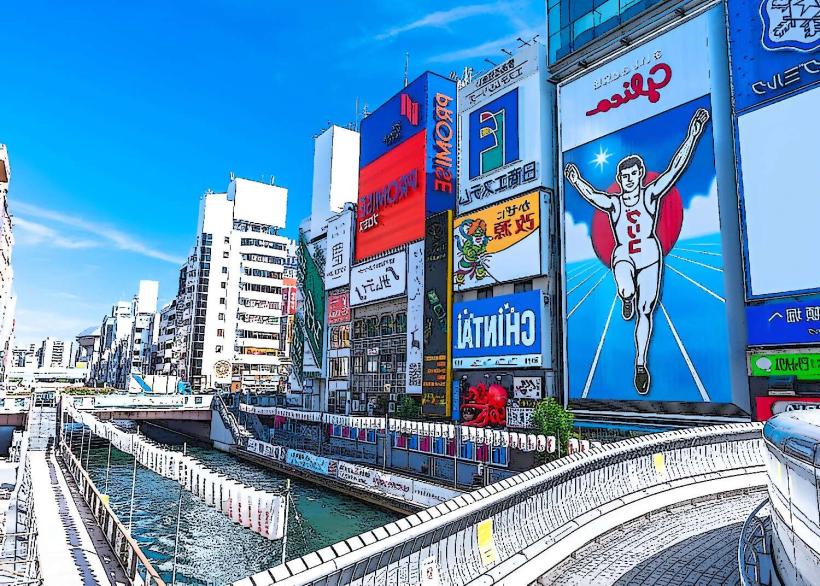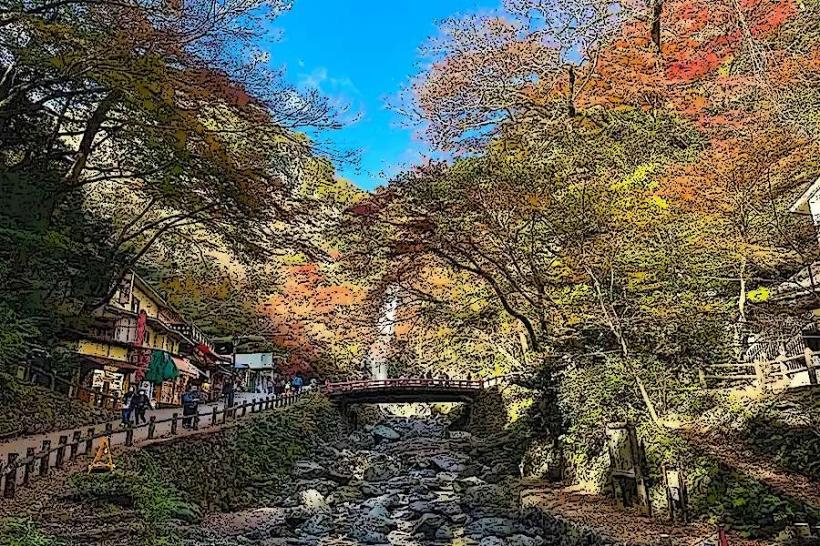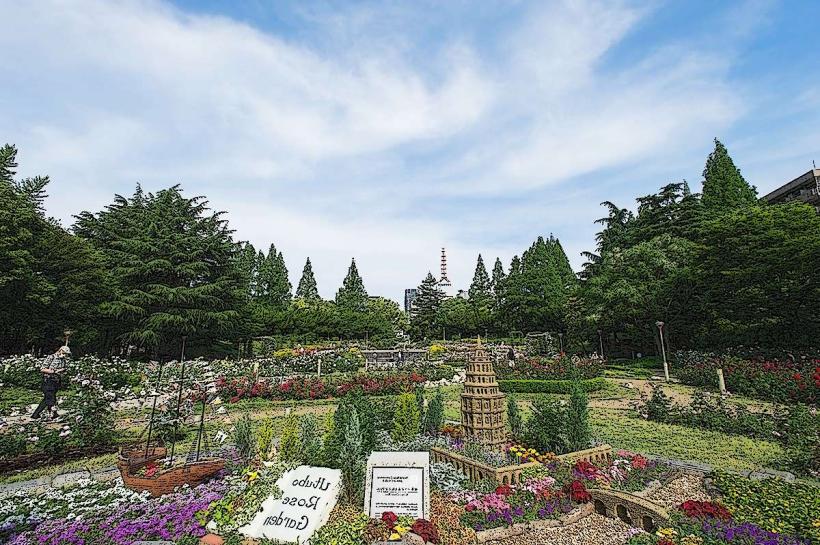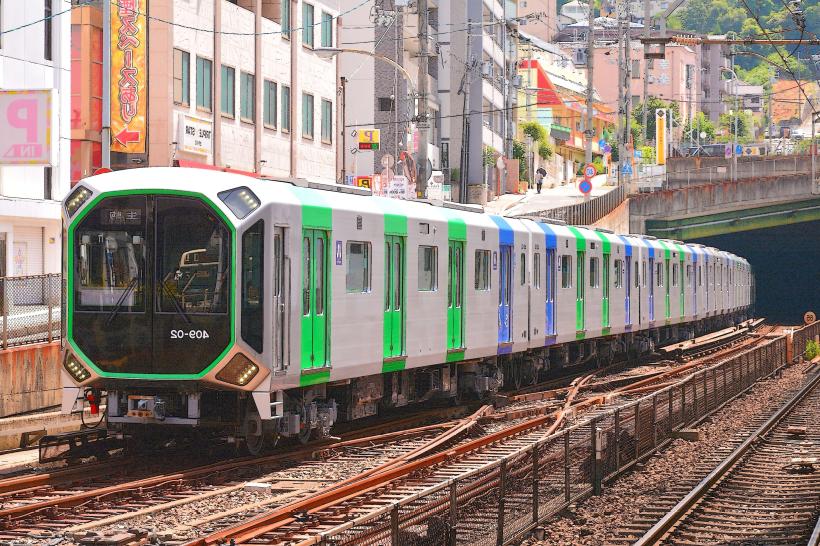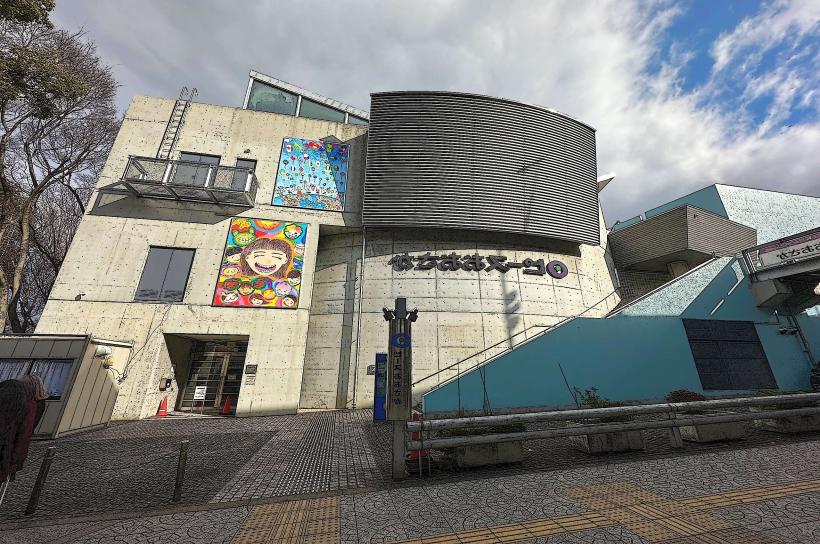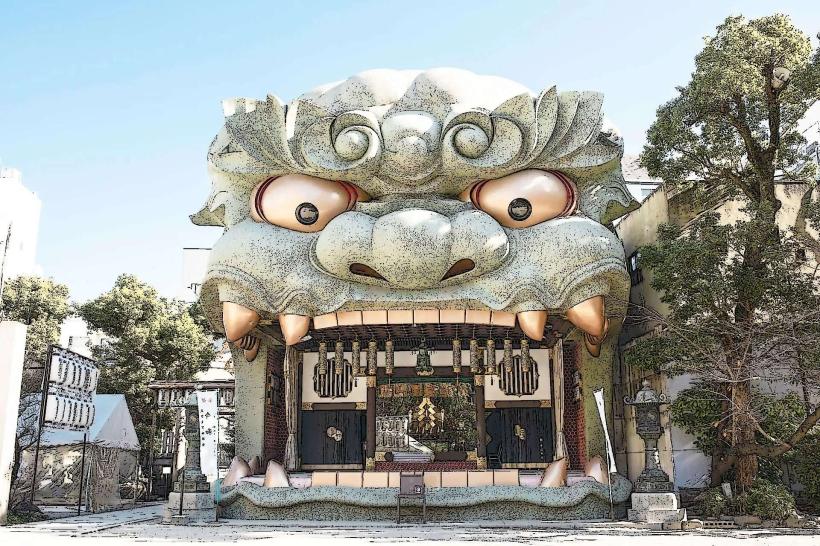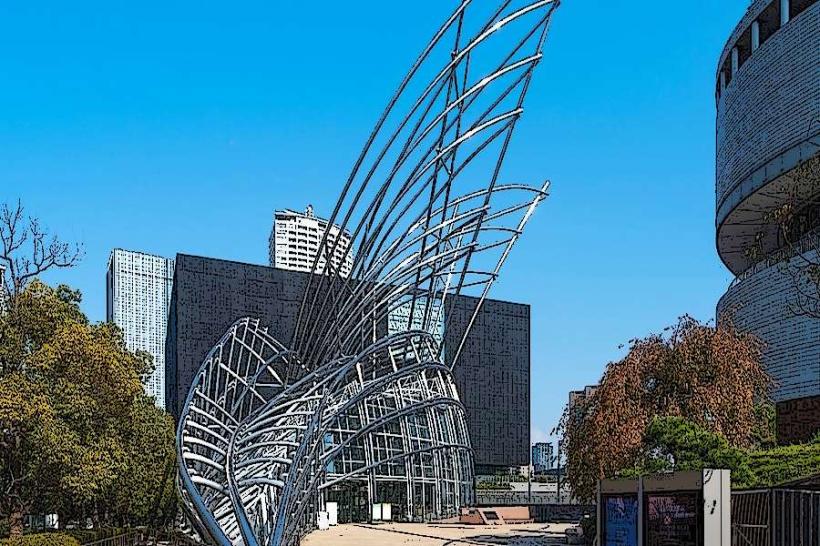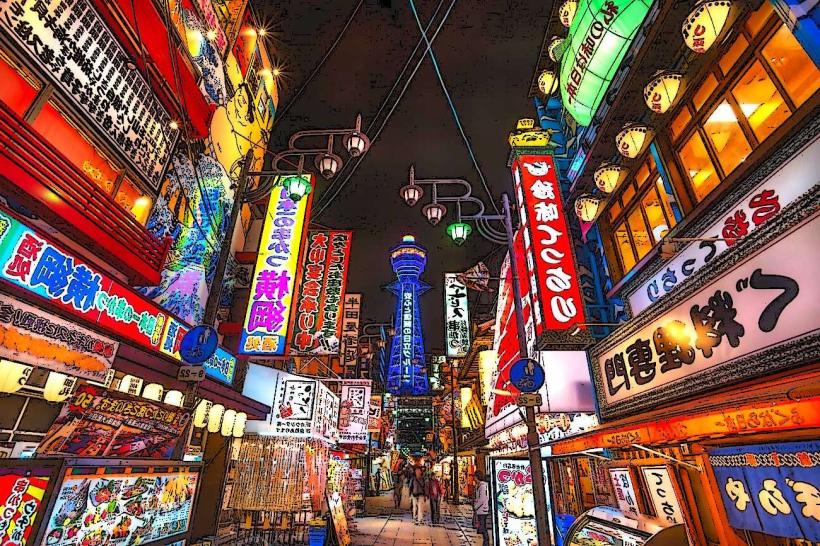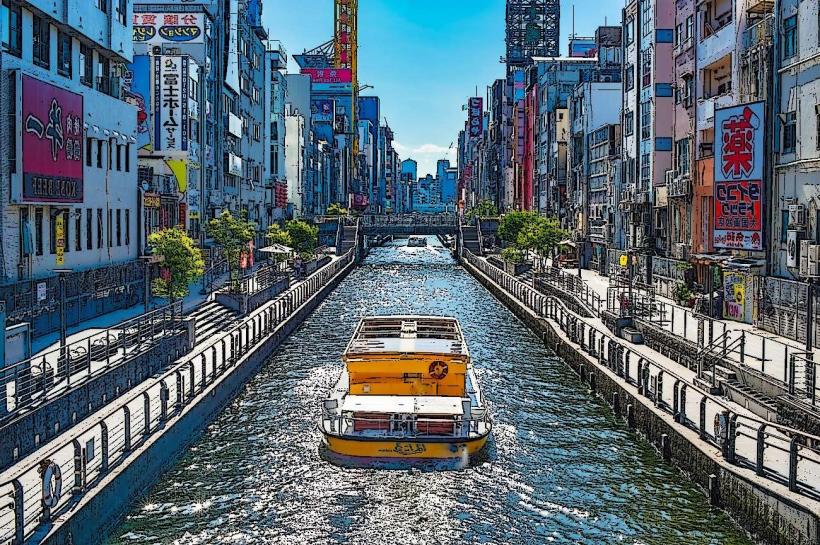Information
Landmark: Osaka Museum of HistoryCity: Osaka
Country: Japan
Continent: Asia
Osaka Museum of History, Osaka, Japan, Asia
The Osaka Museum of History is situated in Osaka, Japan, adjacent to Osaka Castle.
Visual Characteristics
The museum building is a modern, multi-story structure constructed primarily of steel and glass. Its exterior features a combination of dark grey and white panels, with large glass windows offering views of the surrounding area. The building's height is approximately 70 meters, spread across 10 floors above ground.
Location & Access Logistics
The museum is located at 4-1-32 Tenmabashi, Chuo Ward, Osaka, 540-0032, Japan. It is approximately 1.5 kilometers east of Osaka Station. Access is via the Tanimachi Line or Keihan Main Line to Tanimachi 4-chome Station, which is directly connected to the museum. Limited paid parking is available in the adjacent Osaka Castle Park underground parking lot.
Historical & Ecological Origin
The museum was established in 2001. Its purpose is to exhibit the history of Osaka from ancient times to the present day, focusing on its development as a city and its cultural significance. The site itself is part of the historical grounds associated with Osaka Castle.
Key Highlights & Activities
Visitors can explore exhibits detailing Osaka's urban development, including reconstructions of historical streets and buildings. Interactive displays cover periods from the Kofun period to the Edo period, and the modern era. Observation decks on upper floors provide views of Osaka Castle and the city skyline.
Infrastructure & Amenities
Restrooms are available on each floor. The building provides climate-controlled environments. Cell phone signal (4G/5G) is generally strong within the museum. Food and beverage options are available at a cafe on the first floor, and numerous restaurants are located within a 500-meter radius.
Best Time to Visit
Weekdays are generally less crowded than weekends. For optimal natural light on the city views from the observation decks, late afternoon is recommended. The museum is open year-round, with no specific seasonal restrictions.
Facts & Legends
A unique feature is the museum's collection of artifacts recovered from archaeological excavations on the Osaka Castle grounds, offering direct links to the site's past. One notable exhibit showcases the remains of a large wooden pillar from the original castle construction.
Nearby Landmarks
- Osaka Castle (0.2km West)
- Osaka Business Park (1.0km Northeast)
- National Museum of Art, Osaka (1.8km Southwest)
- Hokoku Shrine (0.3km West)
- Mint Museum (2.5km Northwest)

